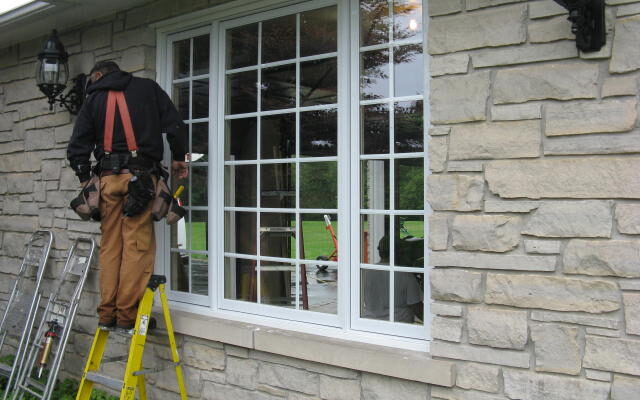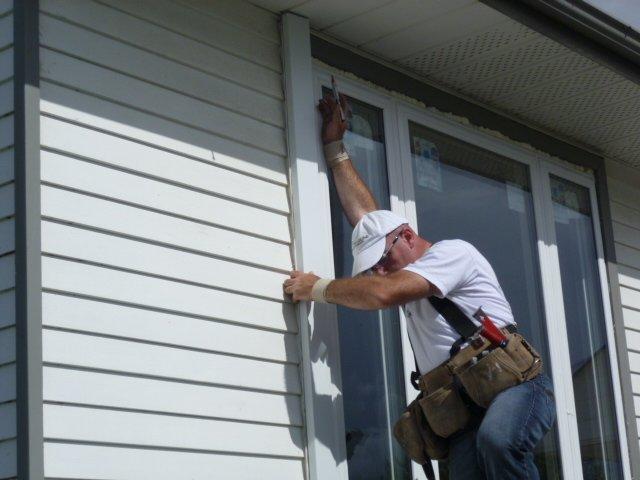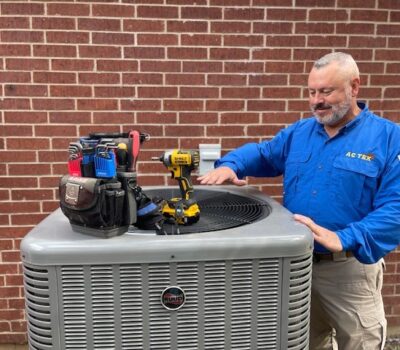

Mistakes to Avoid When Replacing Your Windows
Replacing your windows is a significant home improvement project that can enhance your home’s energy efficiency, aesthetics, and overall value. However, the process involves more than just picking out stylish new frames. Homeowners often make several common mistakes during this process that can lead to issues down the line. Avoiding these pitfalls will help ensure a smoother, more successful window replacement experience. Here are some of the most frequent errors and how to avoid them.
1. Neglecting to Research Window Types
One of the first mistakes homeowners make is not thoroughly researching the different types of windows available. Windows come in a variety of styles, including double-hung, casement, and sliding, each with its own set of benefits and drawbacks. For instance, double-hung windows are great for ventilation and ease of cleaning, while casement windows offer superior energy efficiency and a clear view. Understanding the specific needs of your home and the advantages of each window type is crucial. Take time to explore various options and consult with a professional to find the best fit for your requirements.
2. Ignoring Energy Efficiency Ratings
Energy efficiency is a significant factor in modern window design. Many homeowners focus solely on the aesthetics of new windows, overlooking crucial efficiency ratings. Windows are typically rated for their U-factor (which measures heat transfer), Solar Heat Gain Coefficient (SHGC), and Visible Transmittance (VT). Investing in windows with high energy efficiency ratings can reduce your heating and cooling costs, enhance comfort, and decrease your environmental footprint. Look for windows with the ENERGY STAR® label to ensure you’re getting high-quality, efficient products.
3. Overlooking Professional Installation
Even the highest quality windows can perform poorly if they are not installed correctly. A common mistake is assuming that installation is a straightforward task that can be handled by a DIY enthusiast. Professional window installers have the expertise to ensure that windows are properly fitted, sealed, and insulated. Incorrect installation can lead to drafts, water leaks, and diminished energy efficiency. Hiring a reputable, experienced installer can make a significant difference in the performance and longevity of your new windows.
4. Forgetting About Proper Insulation and Sealing
Windows are not standalone units; they are part of a larger insulation system. Poor insulation and sealing around windows can undermine their efficiency and lead to energy loss. During replacement, it’s essential to address the insulation and sealing around the window frame. This includes using appropriate materials like foam or fiberglass insulation and ensuring that all gaps and joints are properly sealed with high-quality caulk. Proper insulation will help maintain your home’s temperature and reduce your energy bills.
5. Disregarding Local Building Codes
Building codes vary by location, and compliance is essential for both safety and legality. When replacing windows, it’s important to check local building codes and regulations to ensure that your new windows meet all necessary standards. This can include requirements for window egress (especially in bedrooms), impact resistance in certain areas, and energy efficiency standards. Failing to adhere to these codes can result in fines, required modifications, or complications if you decide to sell your home in the future. For further help, tips, and advice about window repair, feel free to visit their page to learn more.

6. Choosing the Cheapest Option
While cost is an important consideration, choosing the cheapest window option can be a false economy. Low-cost windows may save money upfront but can lead to higher energy bills, more frequent repairs, and shorter lifespans. Investing in higher-quality windows often results in better performance, longer durability, and greater energy efficiency. Evaluate the long-term benefits and potential savings before making a decision based solely on price.
7. Overlooking Aesthetic Integration
New windows should complement the overall design and architecture of your home. A common mistake is selecting windows without considering how they will fit with your home’s existing style. For example, installing modern windows in a traditional-style home may look out of place and detract from the property’s curb appeal. Consider the architectural style of your home and choose windows that enhance and harmonize with its design.
8. Failing to Consider Long-Term Maintenance
Different window materials require varying levels of maintenance. Vinyl windows, for example, are relatively low-maintenance compared to wood windows, which may require periodic painting and sealing. Before choosing new windows, consider the maintenance requirements of the materials. Opting for windows that align with your willingness to perform upkeep can save you time and effort in the long run.
9. Not Reviewing Warranties
A warranty provides protection and peace of mind for your window investment. Many homeowners overlook the terms and conditions of warranties when purchasing new windows. It’s important to review the warranty details to understand what is covered, the duration of coverage, and any conditions or exclusions. A good warranty can safeguard against manufacturing defects and installation issues, offering valuable protection for your investment.
10. Forgetting About Cleaning and Care
Lastly, homeowners sometimes overlook the importance of cleaning and caring for their new windows. Proper maintenance helps preserve the appearance and functionality of your windows. Make sure you are aware of the cleaning requirements for the materials you choose and follow best practices to prevent damage and maintain optimal performance.
Conclusion
Replacing your windows is a significant investment that can enhance your home’s comfort, energy efficiency, and aesthetic appeal. By avoiding these common mistakes—researching window types, considering energy efficiency, hiring professionals, ensuring proper insulation and sealing, adhering to local codes, avoiding cheap options, integrating aesthetics, considering maintenance, reviewing warranties, and planning for care—you can make informed decisions that lead to successful and satisfying results. Take the time to plan and execute your window replacement project thoughtfully, and you’ll enjoy the benefits for years to come.












